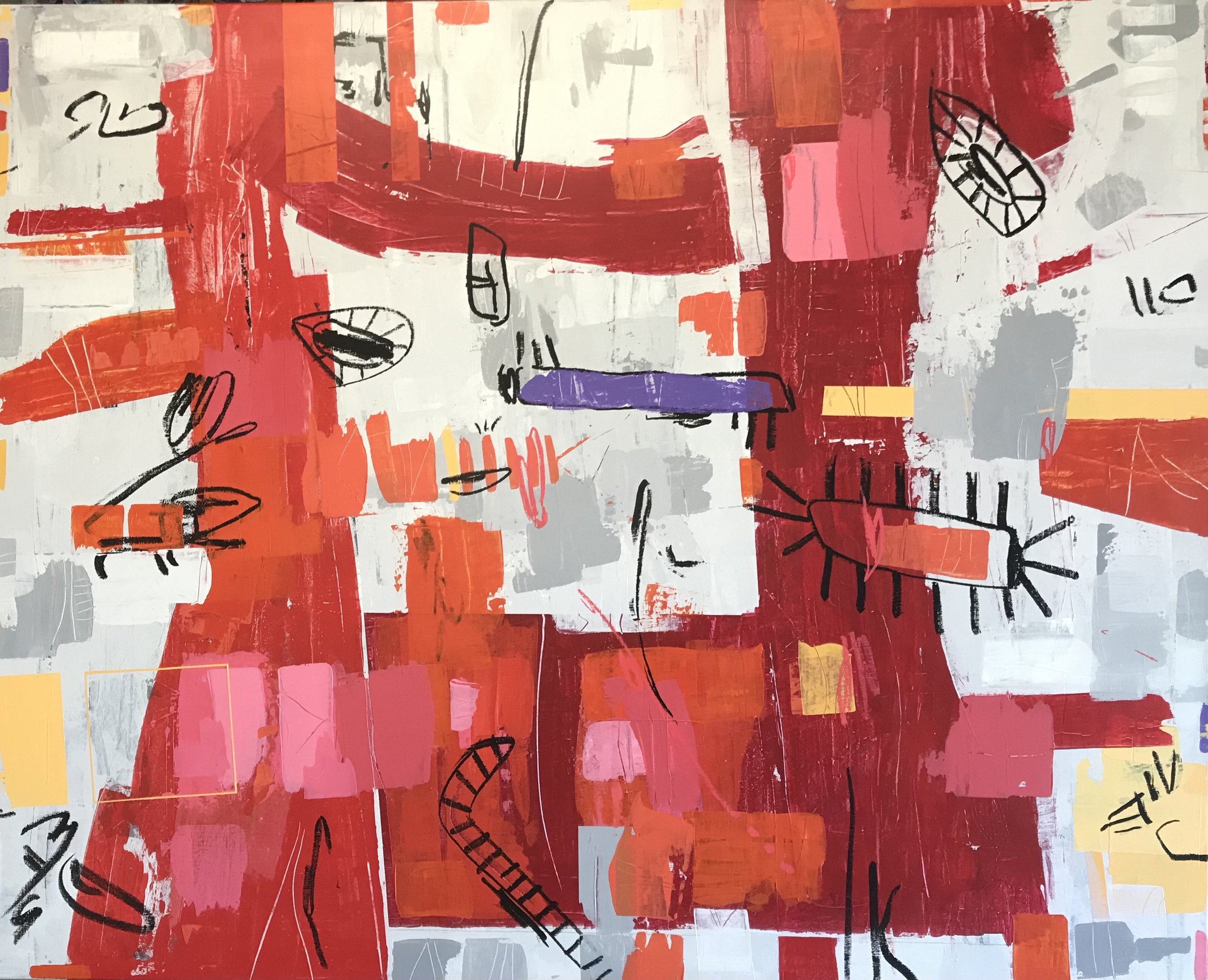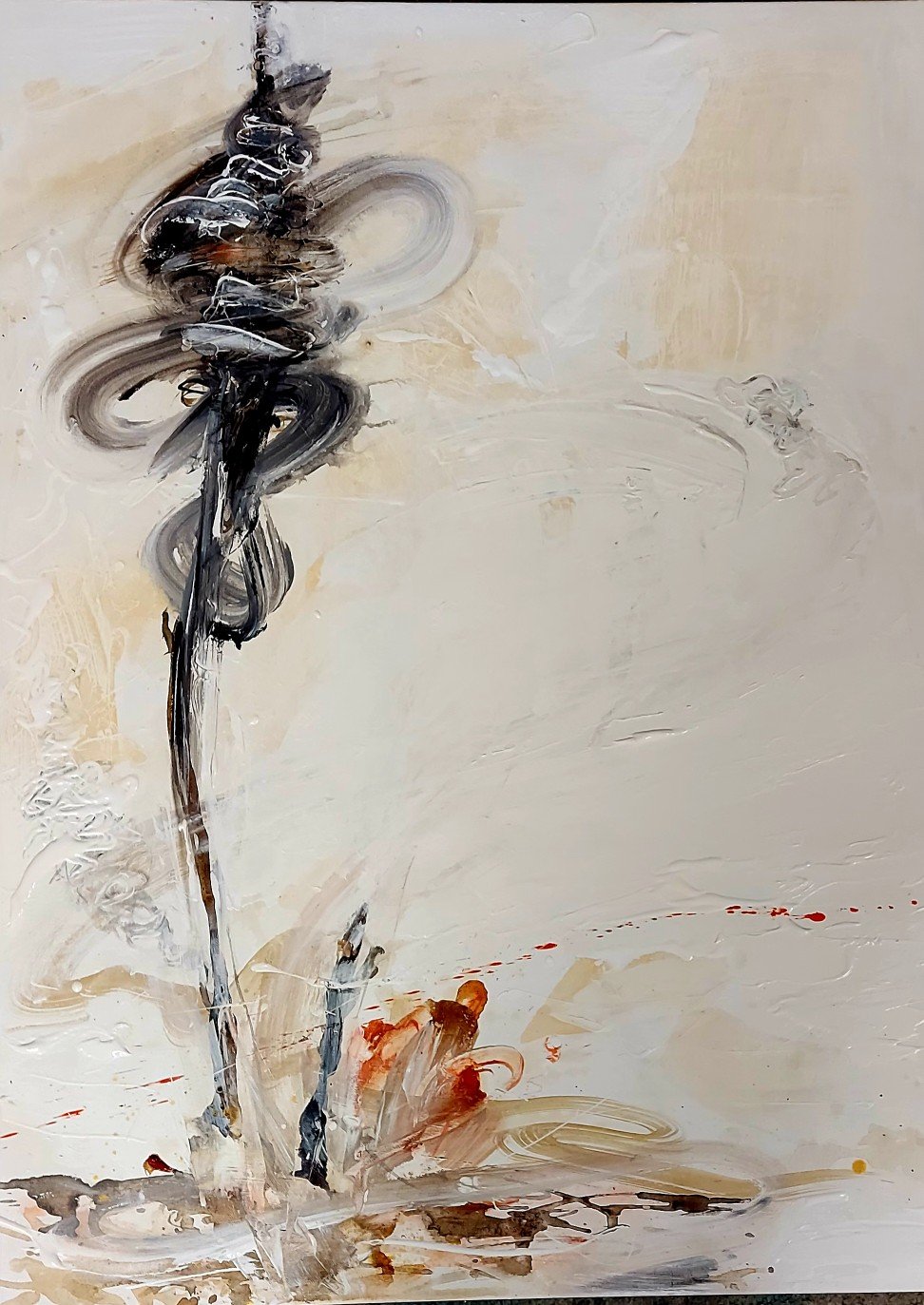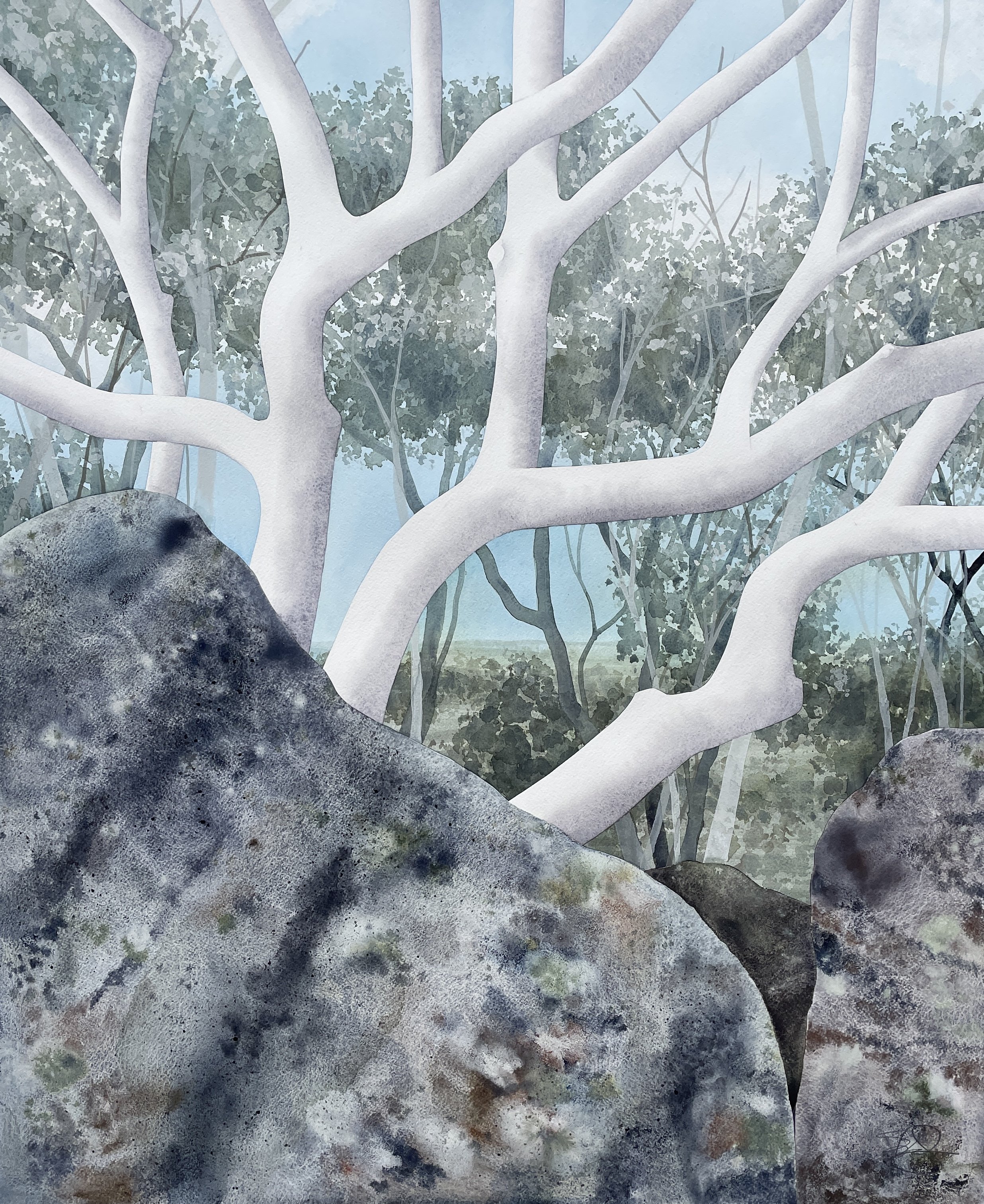Light Changes Everything
2 May 2025 - 30 May 2025
In a world with so much noise don’t be afraid to let your spark shine.
Paintings by Rachel Cross, Stu Doherty, Stewart Hambrett, Yvonne Kiely, Jane Whitfield, Tony Williams.

Rachel Cross, Shine, acrylic on canvas, 91cm x 61cm. SOLD

Rachel Cross, Shallows, acrylic on canvas, 91cm x 61cm. SOLD

Stewart Hambrett, Pushback, acrylic on canvas, 112cm x 137cm. SOLD

Stewart Hambrett, Moving On, acrylic on canvas, 90cm x 120cm. $1,600

Tony Williams, Golden Silence, acrylic on canvas, 75cm x 76cm. SOLD

Tony Williams, Farm at Arakun, acrylic on canvas, 68cm x 74cm. $750
Previously at Luminance Gallery…
In This World and Another, Malcolm Harding explored similarities between scientific representation of the natural world and artistic abstraction.
“Many microscopic images have an uncanny similarity to their macroscopic counterparts. Often these images look more like art than science. This observation has captured my interest for many years and is expressed in my paintings through the use of shapes, marks, colours and textures that suggest things that exist in microscopic and macroscopic worlds.”
In If I had Known Above The Mountains Lies Eternal Sunshine I Never Would Have Stopped Climbing, Chris Proctor asked viewers to question their relationships with ambition and stillness - and reflect on the tension between the relentless pursuit of success and the quiet contentment of simply being.





